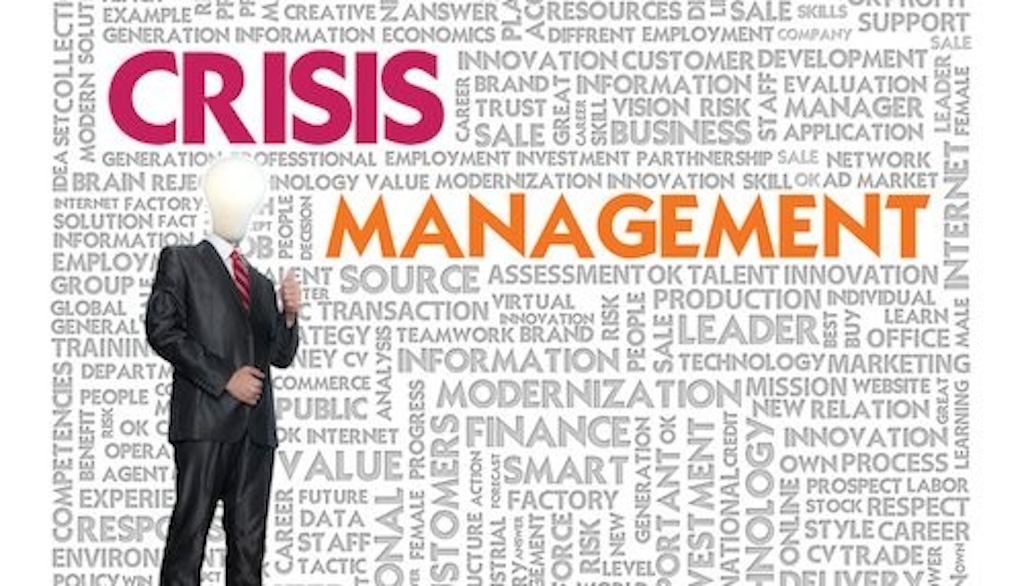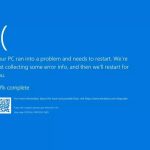By The Malketeer
In today’s fast-paced business landscape, companies frequently encounter unexpected public relations crises that have the potential to either bolster or tarnish their reputation. Malaysia is certainly no exception to this trend.
Brands operating in Malaysia have grappled with their fair share of public relations challenges, offering valuable insights into the art of crisis management, and emphasising the paramount importance of a well-devised crisis management strategy.
Lately, prominent brands like Grab Malaysia, and the Malaysian franchisees of McDonald’s and Starbucks have faced what can only be described as the “brand bullying” conundrum, as well as calls for boycotts due to their global chains’ “perceived support” of Israel in the ongoing Palestinian conflict.
Regrettably, a deluge of misinformation saturates various social media channels, further complicating the speedy resolution process of such crises.
However, it’s important to note that any brand boycott can inadvertently harm the livelihoods of thousands of innocent Malaysians and their families if the crisis is not handled with the utmost care, sensitivity, and coherence.
There are reports that some Malaysians have begun uninstalling and calling for a boycott on the super app after the Instagram stories of the wife of Grab CEO Anthony Tan went viral. Her posts were allegedly seen as “being sympathetic to Israel” and has caused widespread condemnation among Malaysians who support the Palestine cause in the conflict.
In response, Grab issued a neutrally worded statement, “We want to be clear that Grab stands on the side of humanity and hopes for peace and a ceasefire.” Unfortunately, the response seems to have further enraged some netizens.
Among them, X user @IzzaraifHarz blasted, ”..how are you a company that has been long operating in Malaysia still doesn’t know that a huge majority of us side with Palestine? Giving a neutral statement is worse than not giving a statement at all.”
It is undeniable that peace-loving Malaysians are rightfully anguished by the disproportionate levels of violence and continued loss of innocent lives which have exceeded 10,000. Malaysians fervently demand an immediate end to all hostilities and the provision of essential resources, such as food, water, fuel, and medical supplies, for the people of Gaza to help ease their suffering.
In retrospect, let’s delve into how some past crises were managed in Malaysia and examine both their successes and shortcomings.
What Went Right
Swift and Transparent Communication: An outstanding illustration of this in Malaysia is the 2018 public relations crisis faced by AirAsia, one of the nation’s largest low-cost airlines. When a technical issue resulted in flight delays, AirAsia promptly turned to social media to apprise passengers of the situation and deliver real-time updates. Their transparent and timely communication not only managed passenger expectations but also effectively mitigated the crisis.
Taking Responsibility: McDonald’s Malaysia encountered a food safety issue in 2017. What set them apart was their willingness to acknowledge the problem and conduct an internal investigation, resulting in prompt action and enhanced food safety measures. McDonald’s choice to openly admit their mistake and implement corrective changes played a pivotal role in rebuilding trust with their customers.
Local Sensitivity: Nestlé Malaysia’s response to a 2019 incident showcases the importance of cultural sensitivity. Upon discovering that one of their products had been erroneously labelled as non-halal when it was, in fact, halal-certified, Nestlé acted swiftly to rectify the situation, engaged with Islamic authorities, and participated in public dialogues about the incident. Their cultural sensitivity and respect for local beliefs significantly contributed to an amicable resolution.
What Went Wrong
Ignoring Social Media: A case of social media neglect stems from Malaysia’s telecommunications sector. When a prominent telco experienced a major service outage in 2020, their initial silence on social media led to widespread customer frustration and rampant rumours. The absence of communication on platforms where customers expected updates only exacerbated the crisis.
Lack of a Coherent Crisis Management Plan: In 2016, a major automotive company faced a crisis due to a recall of faulty vehicles in Malaysia. Their response was disjointed, with conflicting messages emerging from different departments within the company. The absence of a well-coordinated crisis management plan exacerbated the situation, causing confusion among affected customers.
Arrogance and Denial: Another noteworthy case pertains to a local bank’s response to a data breach in 2019. Instead of promptly acknowledging the breach and taking corrective measures, the bank initially denied any wrongdoing. This stance was perceived as arrogant by customers and regulators, resulting in a severe blow to the bank’s reputation.
The Importance of a Well-Considered Crisis Management Plan
The 2014 MH370 crisis involving Malaysia Airlines serves as a reminder of the paramount significance of crisis management planning. The airline was subjected to unprecedented global scrutiny when one of its flights disappeared. Malaysia Airlines, regrettably, lacked a well-prepared crisis management plan, leading to inconsistent communication and public outrage. This incident serves as a stark example of how having a comprehensive crisis plan in place is imperative to navigate such complex, high-stakes situations.
These examples from Malaysia underscore the fact that brands can either thrive or falter during PR crises and the pivotal role played by swift, transparent, and culturally sensitive communication. They also emphasise the dangers of neglecting social media, lacking a crisis management plan, and displaying arrogance.
Hence, drawing wisdom from past experiences, we are reminded of the critical role of a well-thought-out crisis management plan in safeguarding and restoring a brand’s reputation.
MARKETING Magazine is not responsible for the content of external sites.











